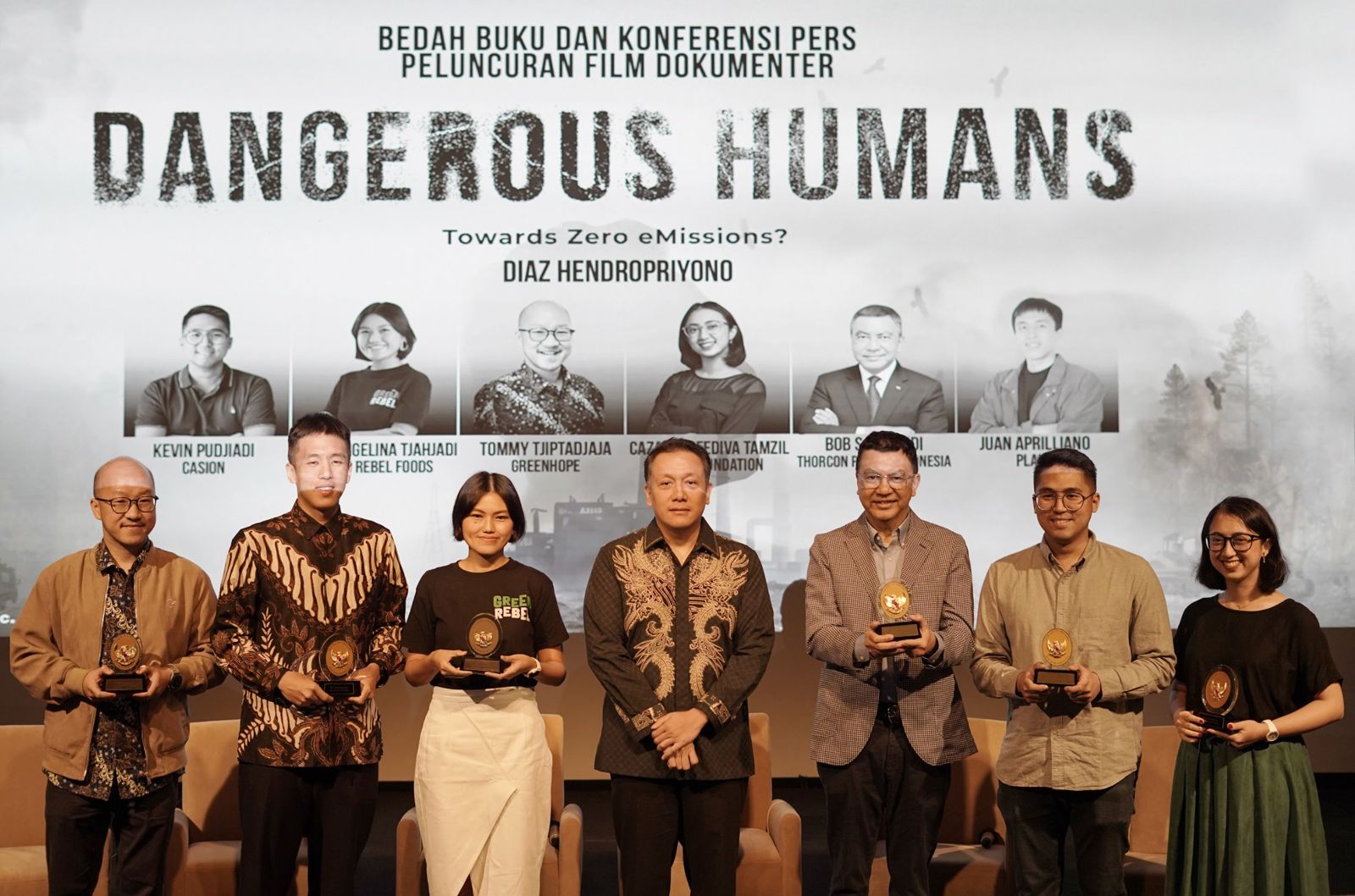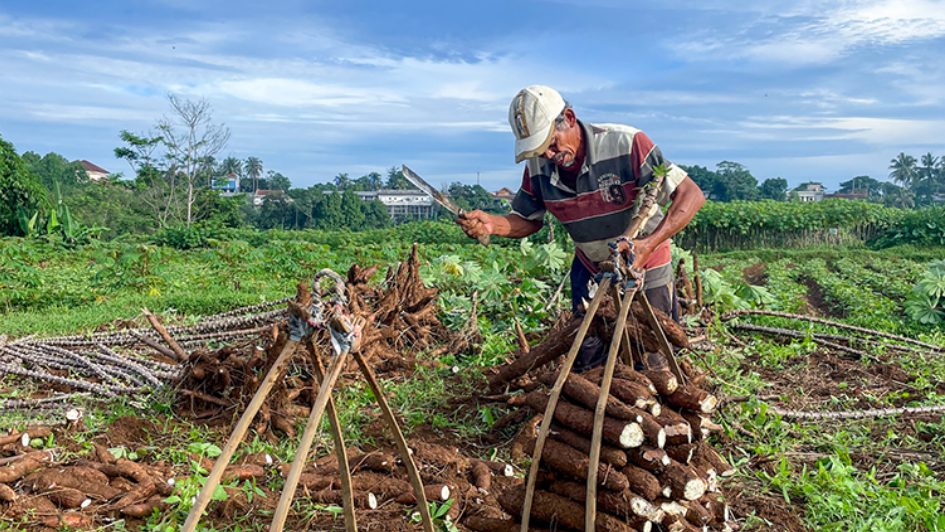Pandemic Hits Not Only Humans But Also The Environment
Wednesday, 03 March 202130 January 2020, when the Covid-19 outbreak was declared to be a Public Health Emergency of International Concern by WHO, no one could have ever thought that this pandemic will last for more than a year and predictively will continue to exist by 2022.
Life started to change; social distancing was regulated, school and work must shift to online-based meetings, and most significantly, masks should always be used. These changes are not only felt by humans in the whole world, but also by the wildlife animals. This sentence might trigger a question in you; what does it have to do with the wildlife creatures?
Even before the first patient of Covid-19 was discovered in Wuhan, China, on December 1st, 2019, plastic waste has already become a crucial problem. Many animals suffered due to plastic waste threw away carelessly so that it ends up in the wild and consumed by the animals that live in it.
Hence, the increasing amount of mask consumption also means an immense amount of mask waste ends up in the environment, accelerating the danger faced by wild animals. Masks often contain plastics such as polypropylene, making it hard to degrade in the soil after consumption and usually ends up in wildlife, disrupting and threatening the animals progressively.
When the pandemic seems to affect not only humans but also wildlife, is there any feasible solution to this problem?
Sung Yeon Hwang, a professor from the Research Center for Bio‐Based Chemistry at the Korea Research Institute of Chemical Technology (KRICT), stated that biodegradable masks answer this problem. They propose alternative materials with enhanced properties to make biodegradable filters to curb plastic waste. The team’s experiments showed that the biodegradable filter was just as efficient as N95 filters, removing 98.3% of 2.5 µm (PM2.5) particles in a test, and decomposed within four weeks in composting soil. The researchers manufactured their biodegradable filters through a process called electrospinning, which is an already well-established technique used in industry, which they hope will facilitate their commercial availability.
Adapting to biodegradable-based masks needs understanding and collaboration from every layer of society. We are looking for partners to adapt to biodegradable technology, which could come from anybody, including you. Email us to collaborate or ask further questions; read other posts on our websites to dig further into our technology.
Sources:
The Jakarta Post, Shopee books 130 percent transaction growth in Q2 as consumers go online (Read)
WHO - Coronavirus disease 2019 (COVID-19) Situation Report – 94 (Read)
WHO - A Joint Statement on Tourism and COVID-19 - UNWTO and WHO Call for Responsibility and Coordination (Read)
Advanced Science News - Biodegradable masks could help curb the rise in plastic waste (Read)



